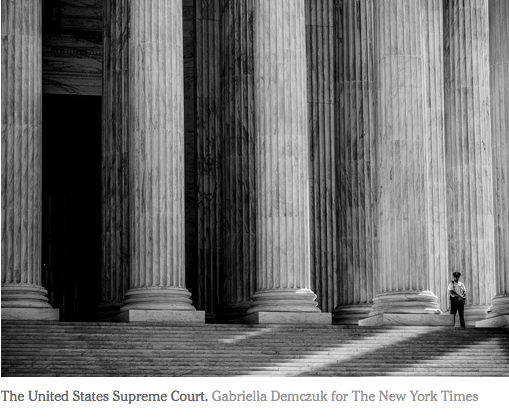But that’s all in the short term. What is harder to predict is how Judge Gorsuch’s confirmation might affect the Supreme Court in the long term, as an institution. By eliminating the filibuster to secure the judge’s confirmation, Republicans in the Senate have done more than change the body’s internal procedures; they have recalibrated the separation of powers. They have reduced the Senate’s ability to demand compromise and have accorded the president greater power to appoint his preferred candidates. No longer must a president appeal to 60 senators from across the country, representing a range of interests, to shepherd a nominee through the process. Now all a president needs is a bare majority.
In light of this strengthened power to appoint, will President Trump, and future presidents, be less inclined to compromise in their selection of nominees? Will they choose to push their agendas further, selecting jurists who are likely to move the law in a more controversial and dramatic fashion? And in light of the treatment of Judge Garland, will a president be able to secure confirmation of a nominee only when the Senate is controlled by the same party?
Adding Gorsuch, a Polarized Supreme Court Is Likely to Grow Even More So
But there is a more instructive way to think about what Judge Gorsuch’s impact will be after he is sworn in on Monday. It is to consider how the court would have been reshaped by President Barack Obama’s pick for the same seat, Judge Merrick B. Garland.
The answer shows just how polarized the Supreme Court has become. The titanic struggle over who would replace Justice Antonin Scalia was nothing if not partisan, and for good reason — the Supreme Court is just as divided as the rest of the nation.
Had Judge Garland replaced Justice Scalia, the court would have immediately shifted to the left. A majority of its members would have been Democratic appointees for the first time in almost 50 years. And, in a shift in recent years, partisan affiliation has become a very strong predictor of voting trends for all its members.




